Over the Rainbow: Let’s Talk About (Asexual) Love
Fun fact: the ‘A’ in LGBTQIA+ stands for asexual (and aromantic/agender), not for ally. Crazy, right? Not to anyone that identifies that way though. I myself identify as asexual, and while I don’t speak for everyone on the ace spectrum, I definitely have some credibility regarding the experiences one might face as a result. That’s a big reason behind why I chose “Let’s Talk About Love” as the book to start this blog with — I can speak confidently on how it feels in terms of accurate representation/depiction of asexual experiences — at least, how they relate to my own! Now, fair warning: this book is not shy about sex, arousal, attraction, etc. It’s difficult to talk about asexuality without discussing its counterpart, allosexuality, and consequently, sex. So this review/discussion will not shy away from the topic either.
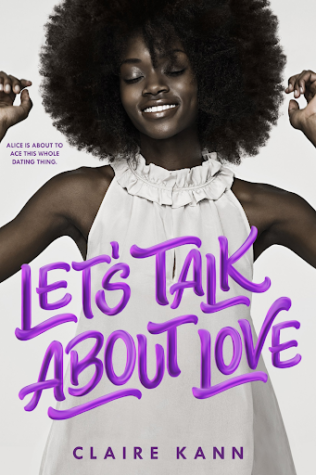
“Let’s Talk About Love” by Claire Kann is a young adult realistic fiction novel about college student Alice Johnson and her journey exploring relationships and asexuality. Alice is 19, black and identifies as asexual & biromantic. Her family members are all lawyers, and they want her to attend law school as well. The story begins with Alice’s roommate and girlfriend, Margot. Margot decides they should break up and informs Alice of this. Margot’s reasoning boils down to her belief that the only way to know Alice is attracted to her is through her participation in and enjoyment of sex between the two of them. For an asexual person like Alice, this is hurtful and frustrating, and she takes the breakup hard. Some time later, after Alice has moved in with her best friends Ryan and Feenie (who are engaged), a new employee at the library she works at arrives for his first day. Takumi instantly throws her off balance, maxing out what she calls the “Cutie Code,” a system she developed to catalog degrees of attraction. She consequently struggles with understanding her own reaction and how it might fit into her asexual identity. The rest of the novel explores Alice coming to terms with how she feels and understanding herself better — regarding not only her sexuality, but also her relationships with friends and family as well as her ongoing dilemma of law school over something else that would make her happier.
Spoiler alert: Takumi and Alice end up together in the end, and they are adorable.
This novel is an incredibly well-written depiction of some of the struggles asexual people experience when on the dating scene and with love. It is intermixed with a separate coming-of-age story that explores the transitions from high school to college and college to adulthood, the dynamics of a healthy relationship with another person and communication between individuals to better understand each other. While I cannot speak to the experiences Alice has throughout the book that are linked to her skin color, as I myself am white and as such enjoy certain privileges she does not, I am able to discuss the ongoing asexuality conflict given my own knowledge in that area.
There are so many moments that I highlighted in this book, so many things that I have felt my whole life that were just expressed so eloquently that it made me stop and take a moment. Let’s explore some of those quotes. A nice and simple place to start is Alice’s thoughts on sex as its own thing:
“Sex, Alice had decided, was like jogging. All the people in the world could say it’s so amazing and great for you, but if you don’t care about jogging, you’d rather spend your time with a Netflix queue and a box of doughnuts. Orgasms, Alice had decided, were like stretching after exercising. It felt amazing in the moment, but who really thought about that perfect stretch two hours later? She certainly didn’t” (Kann 52).
That … pretty much sums up my own feelings on the matter. I wouldn’t first jump to a jogging analogy, but it works very well. Not everyone that identifies as asexual, or on the spectrum, feels this way about sex. Not every ace is going to be sex-positive; a lot are sex-repulsed, or sex-indifferent, or somewhere in between. Alice fits more within the realm of sex-indifferent, given her, well, indifference on the matter. For Alice, sex isn’t something she cares about. If it’s important to her partner, like Margot for example, she’ll engage, but the connection someone else (someone allosexual) might feel when having sex with their partner just … isn’t there for Alice. And the real kicker here is that it’s okay. Our world, particularly American culture, places a big emphasis on sex, pleasure and reproduction. As a result, being asexual very quickly feels like you are even more out of place because suddenly it’s not just being non-het, it’s also not wanting or having interest in sex.
It really can feel like the second you claim asexuality, suddenly that’s the most critical thing about you as a person. And it’s a solid fear considering how sex is so ingrained in our culture that even actively choosing not to have sex is seen as weird and strange.
“She didn’t want to be known as Alice the Asexual. She wanted to be Alice who had an (admittedly) unhealthy obsession with all things cute and ate ice cream in the winter and taught all her friends how to make a Soul Train line and, and, and … Being asexual would trump everything else about her, good and bad and weird. If Alice had told someone, would they begin to use that as the primary defining characteristic for her from then on?” (Kann 57).
Alice’s fears about coming out are more centered on how it will impact the perception of others than it is safety (although that’s rarely not considered in these situations). It can be so easy to take labels and just assume that is all you need to know about someone. We’re all guilty of doing that; the key is recognizing your first assumptions and then challenging them.
Alice starts to see a therapist, Dr. Burris, early on in the novel, and the sessions she has with him are sprinkled in among the rest of the story. He provides a lot of good insights and perspective for Alice, as well as some useful comments (and not so useful).
Dr. Burris to Alice: “‘This isn’t something where I can tell you to go read a book and it will methodically list the steps of how to come out. It is a personal and individualized experience’” (Kann 81).
Dr. B goes on to tell Alice that it will be her responsibility to educate people who don’t understand her sexuality. And sure, education is important. But we are not responsible for that education, not when we (as in LGBT+ individuals) are already fighting a world that was not set up for us and fighting societal beliefs that make us out to be the odd ones out. Alice realizes this herself later on; she acknowledges that part of her fear of coming out is the expectation that she will willingly bend over backwards just to make the other person more comfortable with her identity.
“Why did she have to spend the rest of her life coming out over and over and over…? And once she did, would people always expect her to talk about it? It would always be a huge deal, she would always be subjected to questions and she would always have to defend herself. Would it ever stop feeling like A Thing, a barrier, between her and everyone else? … Dr. Burris had been wrong. It was not her job to be prepared to elucidate or enlighten — it was a kindness. One that she wasn’t 100 percent ready to provide. What if Takumi asked questions? What if he made fun of her? What if he said she was lying or regurgitated any of the other knee-jerk responses she had come to fear?” (Kann 180-208).
When everything else is already such a struggle, especially with things so entwined with one’s being like sexuality, it becomes exhausting to have to explicitly inform everyone you meet and be expected to be happy to educate them when they don’t understand. This is especially true as information becomes more easily accessible with the internet, and education is something you can do for yourself.
Takumi to Alice: “‘This should go without saying, but I’m going to say it anyway, partly because I want to, but also because I think you need to hear it. If knowing you’re asexual makes someone see you differently, then they don’t deserve to be in your life. My feelings for you are exactly the same as they were an hour ago. This doesn’t change anything between us’” (Kann 210).
Takumi is the love interest in this story. He’s a sweet guy, and the way he continuously strives to understand and accept Alice for who she is is something that I, and probably many others, want very badly. It’s a lot to expect from another person, and not very common. Humans are pretty selfish and lazy, so when the options are “learn about this thing that has no bearing on your life outside of how it affects your relationship with me” or “just don’t have a relationship with me,” it’s more likely that a person will choose option two over option one. It’s easier to not bother than it is to shift your understanding in order to incorporate someone else’s experiences. Sometimes, though, you get someone like Takumi, who chooses option one. And that, my friend, is priceless. When someone else cares enough to learn and understand something about you, it is such a wonderful feeling. And Alice is understandably moved to tears when Takumi says things like this.
Relationships are never easy, but throwing something like asexuality in can make it even more confusing. Especially when the relationship doesn’t just involve asexual people. Because there is such an importance placed on sex in our culture, the idea that attraction and passion can be anything other than sexual is a strange concept for a lot of people. Of course, for many ace people, sexual attraction is the confusing thing. The really important thing here is figuring out how to bridge that gap in understanding. Takumi gets there himself in the last few chapters when he talks to Alice after a brief falling out.
“It’s the same thing. Whether you’re so overwhelmed you can’t keep your hands off me or you’re crying because you think I don’t want you, it’s the same thing. It comes from the same place. That’s desire. That’s passion. You’ve never held back how you feel about me” (Kann 269).
Misunderstanding can be the downfall of any relationship, and the further that gap is, the harder it becomes to bridge. That’s why communication is so critical (probably why I’m majoring in it!) and pairings with great communication skills are a sure-fire way to get me hooked into a ship.
Asexuality is not something that can just be summed up in one book, one experience, one post. That’s true for … pretty much everything in this world, and I think it’s important to remember that. Keep reading, keep learning and be kind to yourself and others. That’s all we can do to become better, more accepting people.
Your donation will support the student journalists of Kent State University. Your contribution will allow us to purchase equipment and cover our annual website hosting costs.


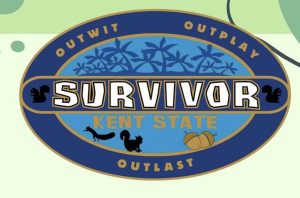
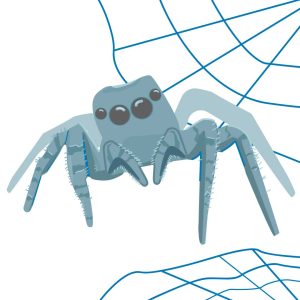



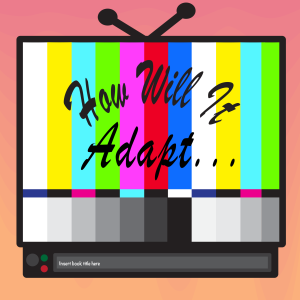
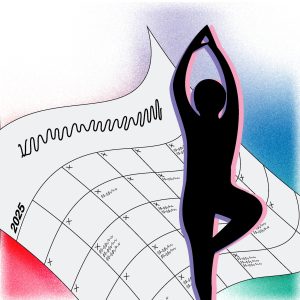


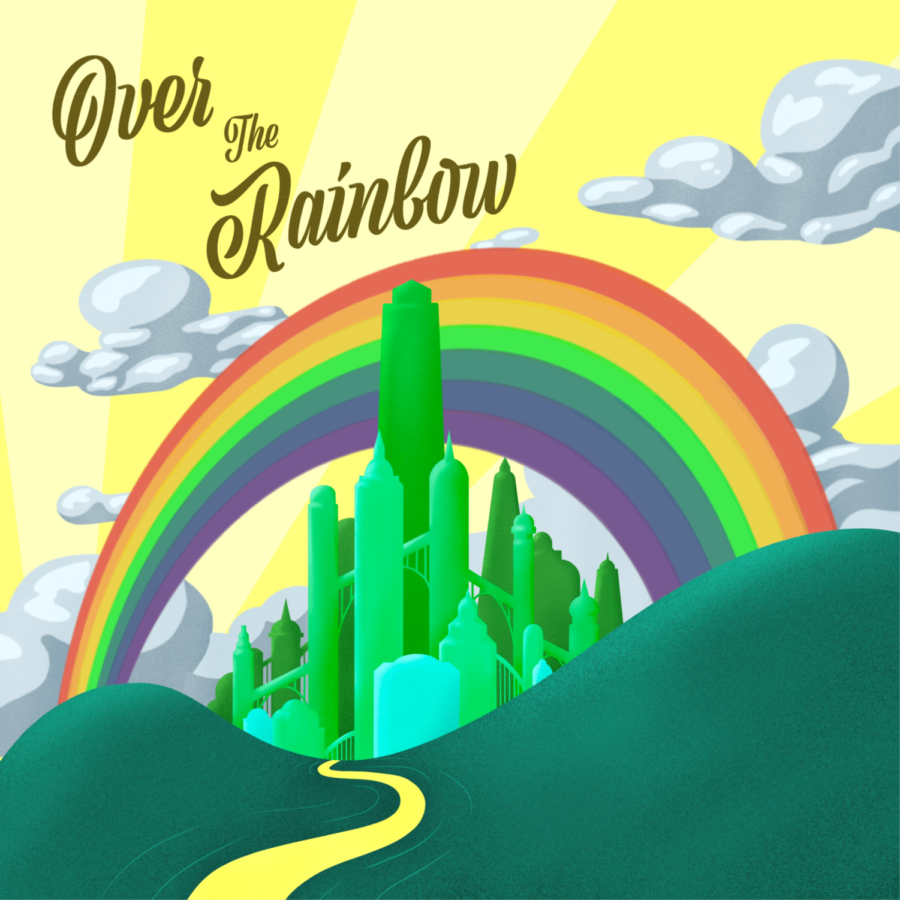
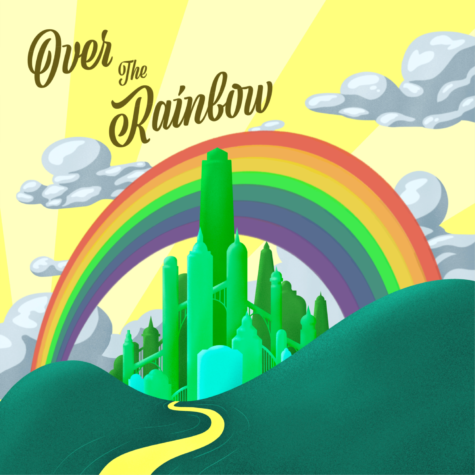
Semi-Anonymous • Feb 23, 2022 at 11:51 am
This is excellent! I’m ace too and reading about your reflection on Alice and Takumi has been very validating. I think you did a really great job balancing your audience here. I feel that the vast majority of media that involves asexuality or aromanticism struggles with introducing this idea to a general audience to the point where doing so becomes the sole purpose of the writing. This is not the case here. Thanks!